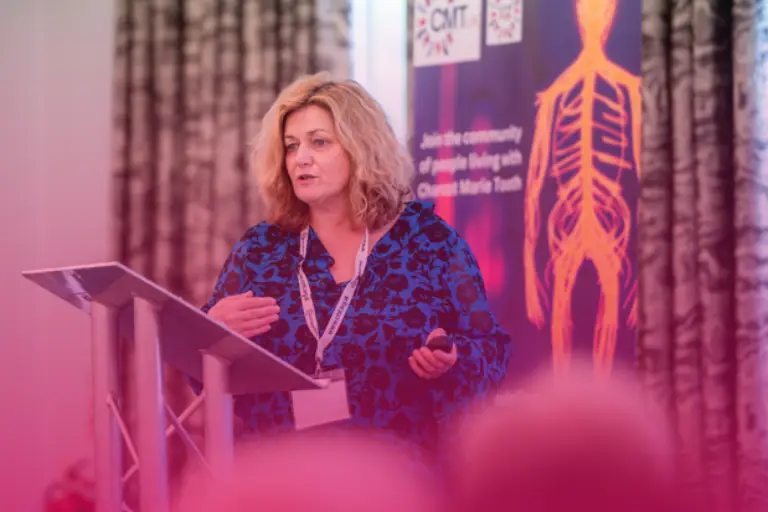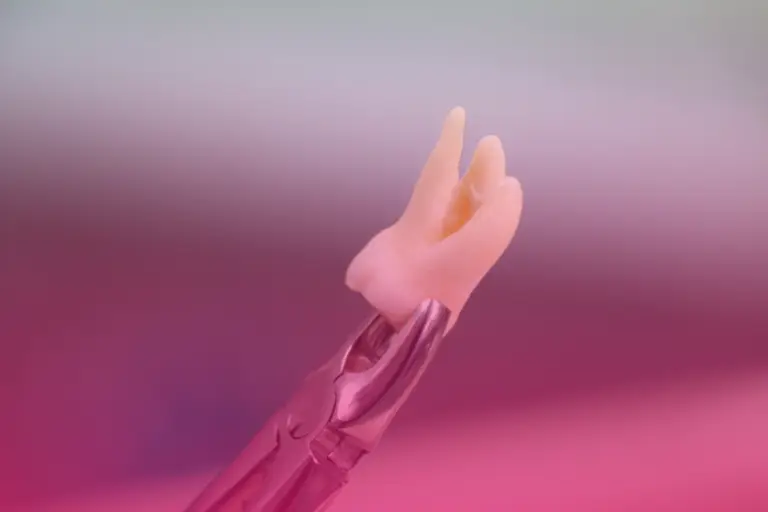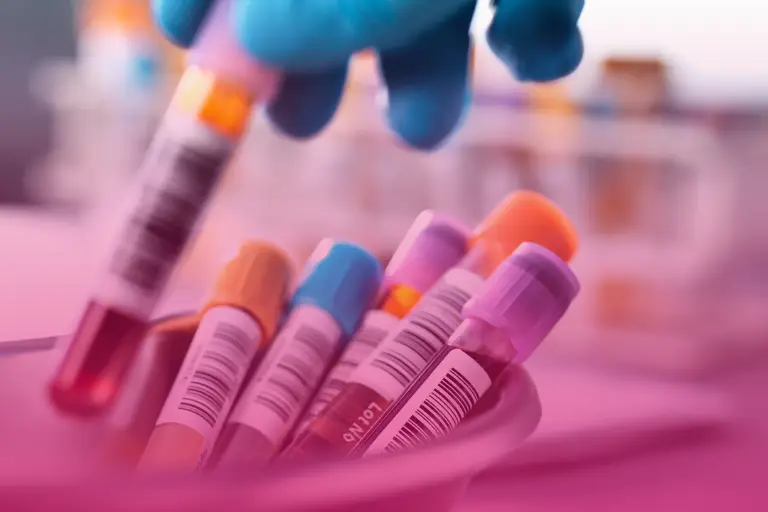What is CMT?
Charcot-Marie-Tooth (CMT) is a group of hereditary (genetic) conditions that damage the peripheral nerves. These nerves are responsible for passing on commands from the brain to the muscles in the arms and legs, and for passing information back to the brain about sensation – pain, heat, cold and touch.
It causes the muscles in the legs and arms to waste, which can cause problems with walking, standing and balance. Hand function and strength are also affected. CMT gets worse over time and there is currently no cure.
Get Support
About CMTUK
Discover who we are, what CMTUK stands for, and how we support people living with Charcot-Marie-Tooth across the UK.
Members
Join our community for access to resources, support networks, events, and exclusive member benefits – all on a donation basis.
Research
Explore the latest CMT research, clinical trials, and how we’re driving progress toward better treatments and understanding.
Events
Stay up to date with conferences, health & wellness days, support groups, and upcoming community activities near you.
CMT Kids
Find fun, safe spaces for children and young people with CMT to connect, share experiences, and build lifelong friendships.
Latest News
Events Calendar
Your support keeps CMTUK going
CMTUK is a donation-based charity. We don’t receive government funding – everything we do is made possible thanks to the generosity of our community. Every pound helps us provide vital support, raise awareness, and fund research for people living with Charcot-Marie-Tooth disease.



